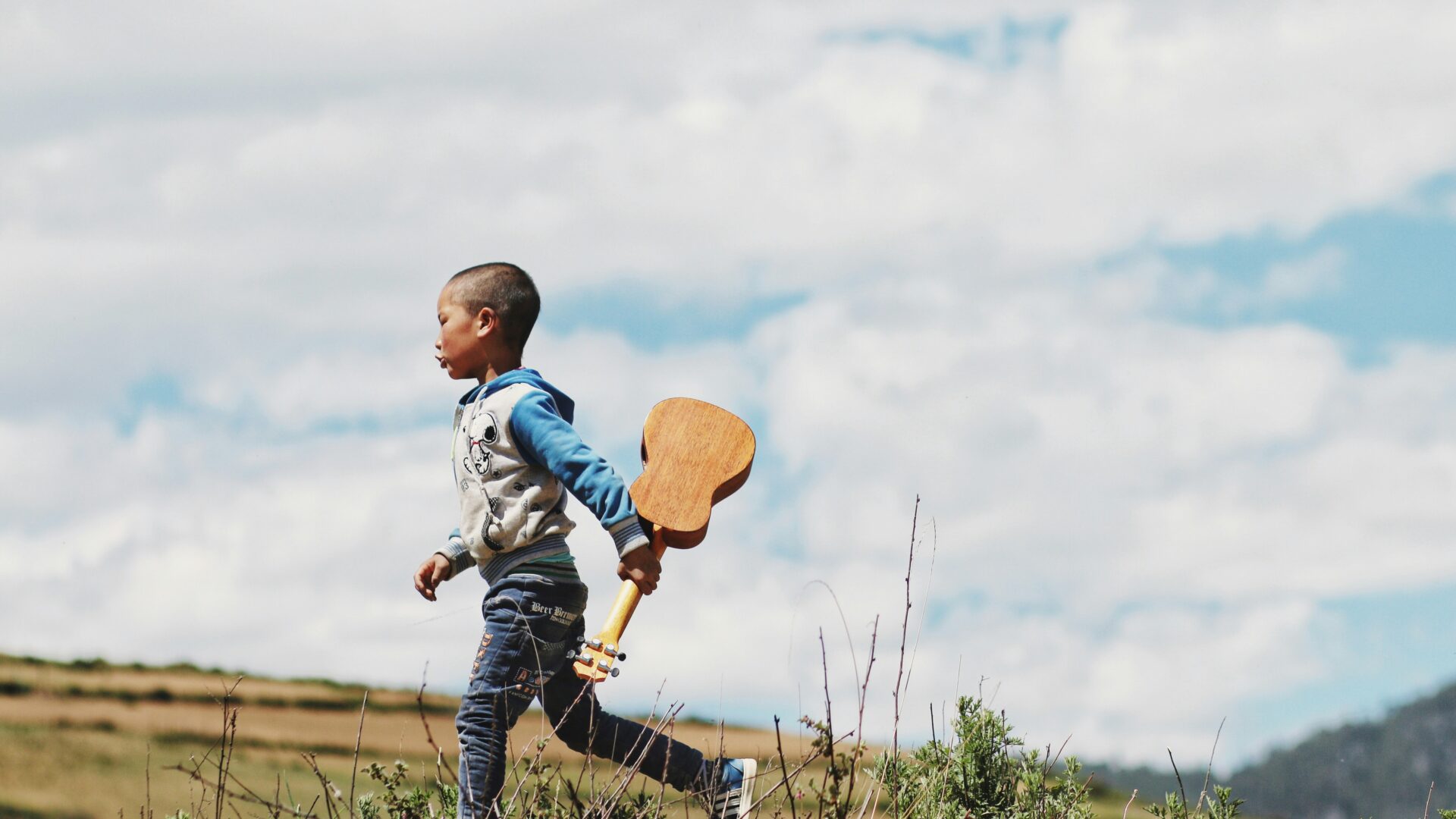As sovereign-hearted parents, one of our deepest aspirations is to raise children who are not only successful but also emotionally resilient and capable of making wise decisions as they move through life. Fostering childhood autonomy and responsibility is a cornerstone for nurturing future-stable humans. From the tenderness of infancy to the dynamic years of adolescence, the cultivation of these traits at home, within the family, plays a pivotal role in shaping a child’s character and trajectory.
“The greatest gifts you can give your children are the roots of responsibility and the wings of independence.”
Denis Waitley
Autonomy
Autonomy refers to the capacity for self-governance and independent action.
It involves granting children the freedom to make choices, express opinions, and explore their interests within safe, age-appropriate boundaries. From selecting their clothing to deciding on leisure activities, allowing children to exercise autonomy empowers them to develop a sense of self-trust, identity and confidence.
When children feel seen and valued as unique individuals, they are much more likely to exhibit positive behaviors and engage actively in organic learning experiences.
Spiritually attuned children energetically resist formulas and coercion that they sense is for the benefit of the adult, not for them. Children are hard-wired to challenge, to push back, to ask questions. This is the mark of a healthy child! In a society brimming with apathy the energy of challenging is a positive thing that we as parents can learn to support and nurture in healthy and productive ways.

Check out the podcast, where Ben and Bonnie talk about the power of nurturing personal autonomy in childhood.
Autonomy is closely connected with the development of critical life skills, such as problem-solving, decision-making, and self-regulation. By encouraging children to take ownership of their actions and the subsequent natural life-feedback (i.e. consequences) parents provide the space and opportunities for genuine personal learning and meaningful growth.
Trail and Error
Through trial and error, children learn to navigate challenges, adapt to setbacks, and persevere in the face of frustration. These experiences lay the groundwork for resilience and equip children with the confidence they need that they can handle any situation that comes to them.
Similarly, fostering a sense of responsibility instills in children a desire to embody greater maturity, and contribute positively to their family and environment. As a parent, whether it’s completing household chores, caring for pets, or showing kindness to others, modelling responsibility instills a sense of grounding and collaboration that a child craves. By recognizing the impact of their actions on themselves and others, children develop an attuned moral compass, and also cultivates empathy, compassion, and respect for others’ process.
The Parent-Child Relationship
The cultivation of autonomy and responsibility has an additional benefit, in that it fosters a healthy parent-child relationship built on radical trust, honour, and open communication. By involving children in decision-making processes and encouraging them to express their desires, thoughts, and feelings, parents create an atmosphere where children feel heard and understood. This nurtures a deep sense of trust and security in the child, while it exercises the parents’ ability to tolerate potential tension and uncertainty. Ultimately, the reward is that the relationship is stretched and expanded in a harmonious way.
“The essence of independence has been to think and act according to standards from within, not without. Inevitably, anyone with an independent mind must become ‘one who resists or opposes authority or established conventions’: a rebel.”
Criss Jami
Balance
Nurturing autonomy and responsibility in children requires a delicate balance of guidance and support. While it’s essential to provide children with opportunities to explore their interests and make choices, it’s equally important to establish clear boundaries and offer guidance when needed. By setting age-appropriate expectations and providing gentle, constructive feedback, parents can help their children develop the skills they need to navigate the complexities real life.
The critical importance of childhood autonomy and responsibility in healthy development cannot be overstated… it is truly the heart-beat of a free family and a sovereign education. By equipping children to make aligned choices, take ownership over their actions, and lean into their intuition, parents lay the groundwork for lifelong success and well-being where the child can lead from within.

Don’t forget to listen in on this inspiring talking about childhood autonomy!

